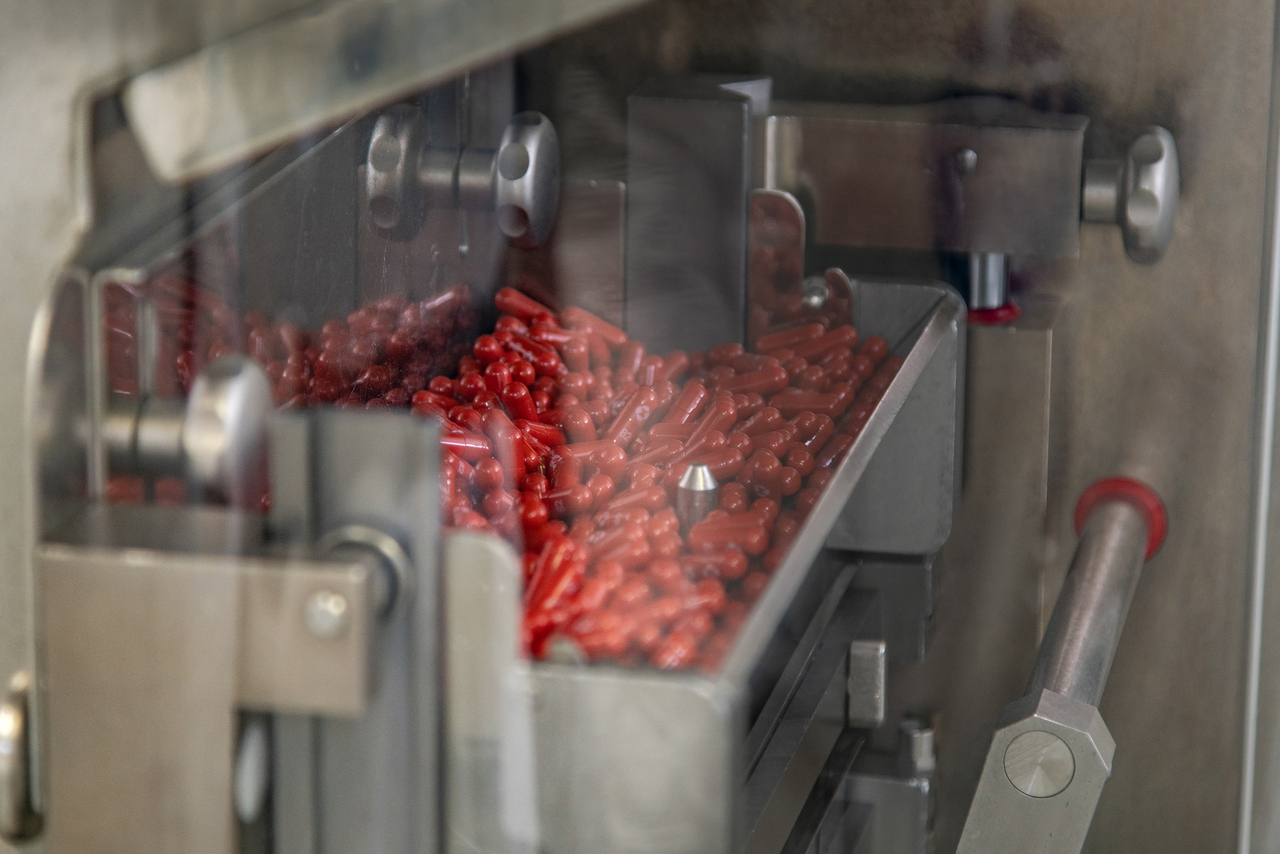Malaysia inks deal to buy Merck's pill to treat Covid-19
Sign up now: Get insights on the biggest stories in Malaysia

Malaysia will be procuring 150,000 courses of the drug known as molnupiravir to treat Covid-19 patients.
PHOTO: NYTIMES
Follow topic:
KUALA LUMPUR - Malaysia has signed a deal to procure an antiviral pill to treat coronavirus infections, as the country moves towards "living with Covid-19", Health Minister Khairy Jamaluddin said on Thursday (Oct 7).
"The decision was made as part of our preparations to transition towards the endemic phase and living with the Covid-19 virus," he said in a statement.
Malaysia will be procuring 150,000 courses of the drug to treat Covid-19 patients, he said.
The antiviral pill was developed by pharmaceutical company Merck in the United States and Canada, together with Miami-based Ridgeback Biotherapeutics. Merck is known as MSD in other parts of the world.
Studies conducted by MSD have found that the drug, known as molnupiravir, lowers the rate of hospital admissions by 50 per cent and is effective on coronavirus variants such as Delta, Mu and Gamma, Mr Khairy said.
The health authorities have previously said that the Delta variant is the dominant Covid-19 strain in Malaysia.
Mr Khairy noted, however, that this does not mean vaccinations are no longer needed because inoculations are meant to prevent and reduce severe infections of the disease.
"Molnupiravir cannot prevent infections. It is only beneficial for those who are already infected. We need both to reduce the burden of Covid-19," he said.
Molnupiravir comes in pill form and targets an enzyme that the virus needs to make copies of itself by introducing errors into its genetic code.
Data from clinical trials suggests that the drug is most effective when given early in the course of infection, said MSD.
Interim trial results released last Friday showed that the drug may reduce the risk of hospitalisation or death by half for patients who are at risk of severe disease.
Singapore on Wednesday inked a supply and purchase agreement for the drug.
Australia has also entered into advance supply agreements with MSD to purchase 300,000 courses of the drug, while South Korea, Thailand, and Taiwan are in talks with the company to buy the drug.
Professor Awang Bulgiba Awang Mahmud, chairman of the Malaysian government's Covid-19 Epidemiological Analysis and Strategies Task Force, told The Straits Times: "Antiviral drugs like this offer an alternative means to treat and perhaps reduce transmission in patients.
"Molnupiravir is supposed to suppress replication of the Sars-CoV-2 virus so, hopefully, it will prove effective with variants with mutations… Whether the virus mutates to try to evade the drug remains to be seen."
But he said the drug does not eliminate the need for vaccines as these work by stimulating the body to mount its own defence against Covid-19, while the drug is administered to those who have been infected with the virus.
Malaysia has been seeing a downward trend in the number of daily reported Covid-19 infections lately since its peak at 24,599 on Aug 26, with a positivity rate of slightly above 5 per cent at present.
The country's positivity rate, or the percentage of confirmed cases against the number of tests conducted, was at its highest at 15.3 per cent on Aug 31.
"The good news is that the test positivity rates are generally declining and pressure on hospital beds are reducing now. So the situation is improving, but the authorities need to keep a careful watch on the situation," said Prof Awang Bulgiba.
Malaysia reported 9,890 new Covid-19 cases on Thursday, bringing the total cumulative number of infections to 2,313,727. The country has fully inoculated 64 per cent of the population.

